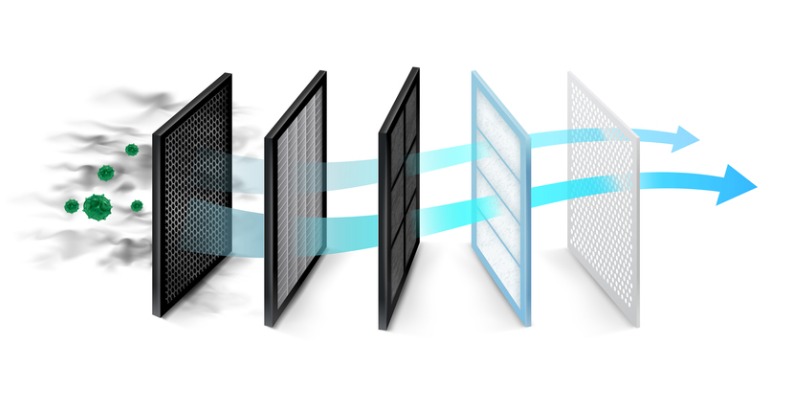Do your outdoor allergies seem to follow you inside? Or, do you have allergies to indoor moulds, pets, and other things in your home? You can use your HVAC system to reduce your symptoms and help control your allergies. Here are some things you should do yearly or more often, that can make a big difference in your symptoms.
1. Change Your Filters
All of your HVAC units, from your furnace to your air conditioner, have filters in them to catch debris. When they get overfull, they stop taking debris out of the air, and may even start releasing it back into the ducts where it is free to travel your home. Changing your filters yearly at the very least, and up to every 3 months for those with allergies or pets, is a great way to reduce allergen spread.
2. Use an Air Purifier
Air purifiers can help you remove allergens from the air directly. Make sure that you change your air purifier filter before your allergy season starts, and, of course, turn it on. It is also wise to check with your HVAC professional to make sure that the air purifier you have really targets the allergens that you’re trying to remove. We can help with that.
3. Clean HVAC Units and Ducts
Your HVAC units and especially your ducts, can harbor allergens and make your symptoms much worse. As part of your yearly maintenance, your HVAC technician should be cleaning up the units, removing the dust and other debris on the inside and the outside.
However, duct cleaning isn’t usually part of yearly maintenance plans. It can greatly alleviate your allergies to get ducts that haven’t been cleaned in a while emptied out. Otherwise, dust and debris will collect in the vents and can harbor allergens even after your season is over.
Your cleaning routine can also help. Be sure to get around the vents and grilles as part of your regular cleaning. Removing this dust and other debris will prevent it from collecting in the ducts in the first place.
To learn more about how we can help you alleviate seasonal allergies, contact our experts today.
4. Make Seasonal Humidity Adjustments
Humidity can contribute to allergens in winter and summer. In summer, humidity that is too high can allow indoor molds to grow. Many people are allergic to these molds. In winter, low humidity can exasperate allergy symptoms like dry eyes and throat. If you use a humidifier in the winter, and a dehumidifier in the summer, you can avoid these problems. Just be sure to switch them over as outdoor humidity conditions change!
Get More Allergy Advice from the Experts
Your air quality in your home can affect your allergies. To learn more about what you can do to alleviate seasonal allergies in your home, please contact our experts today.








